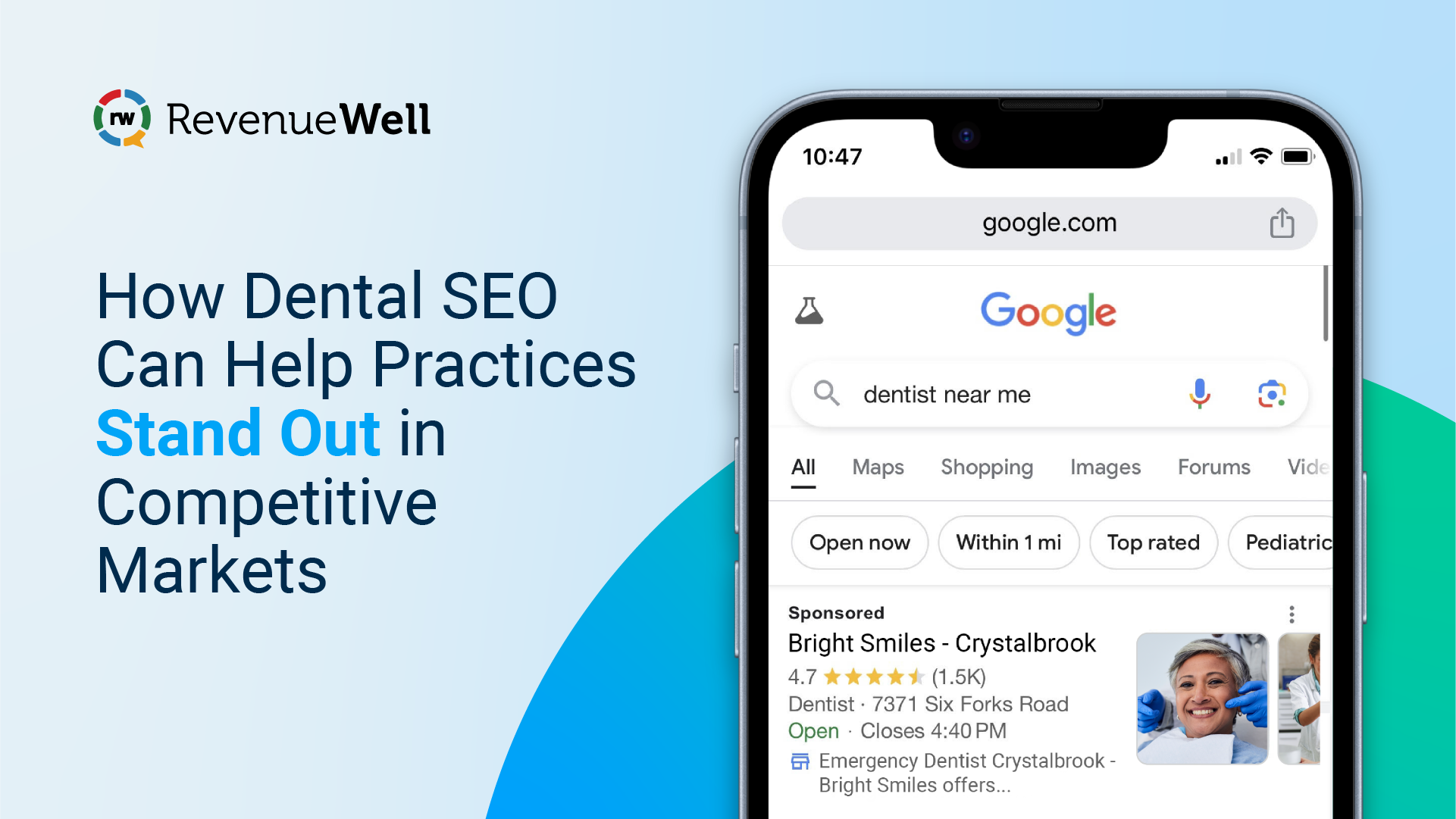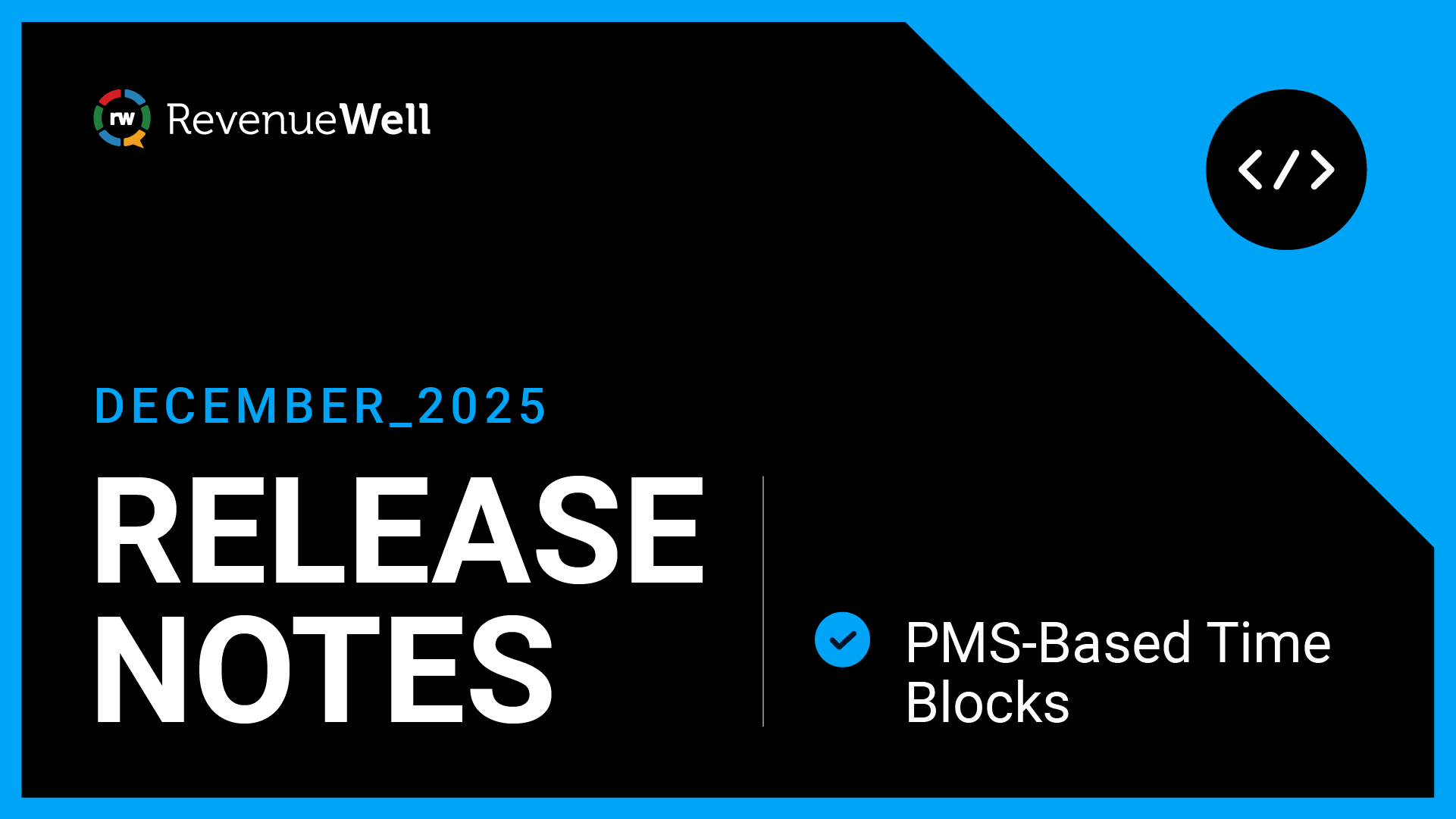Why Website Security is Vital for Dental Practices

Your dental practice’s website serves as an essential gateway to attracting new patients and retaining current ones. However, many dental practice owners overlook one vital aspect: website security. An unsecured website can deter prospective patients, negatively impact search engine rankings, and jeopardize patient data. Ensuring your website is secure is not just a technical necessity but a strategic move to enhance trust, improve search engine optimization (SEO), and ultimately attract more patients to your practice.
The Risks of an Unsecured Website
- Deterring Prospective Patients When potential patients visit your website, the first impression is vital. An unsecured website, often marked by a “Not Secure” warning in the browser’s address bar, can instantly erode trust and deter prospective patients from researching your practice further. Prospective patients are likely to abandon your site if they perceive it as unsafe, preferring competitors who provide a secure browsing experience.
- Negative Impact on Search Engine Rankings Search engines like Google prioritize secure websites in their rankings. Websites using HTTPS, indicated by a padlock symbol in the address bar, are favored over those that do not. An unsecured website can suffer in search engine results, making it harder for new patients to find you online. This decreased visibility can significantly impact your practice’s growth and patient acquisition.
- Jeopardizing Patient Data Dental practices handle sensitive patient information, including medical histories, personal details, and insurance information. An unsecured website puts this data at risk of being intercepted by cybercriminals, leading to potential breaches that can damage your practice’s reputation and result in legal consequences.
If you’re not sure how secure your website is, use our free website evaluator to find out.
Essential Security Measures for Your Dental Website
- Implement HTTPS Securing your website with HTTPS is the first and most crucial step. HTTPS encrypts the data transferred between your website and your visitors, ensuring their information remains private and secure. Search engines and users alike view HTTPS as a mark of trustworthiness.
- Regular Software Updates Ensure all website software, including content management systems, patient engagement tools, and plugins, are regularly updated. Outdated software can have vulnerabilities that hackers exploit to gain unauthorized access.
- Use Strong Passwords and Two-Factor Authentication Protect your website’s backend by using strong, unique passwords and enabling two-factor authentication (2FA). This additional layer of security makes it harder for unauthorized users to gain access to the back end of your website.
- Regular Security Audits Conduct regular security audits to identify and fix vulnerabilities. Regularly scanning your website for malware and other security threats helps maintain a robust defense against cyber attacks.
- Backup Your Data Regularly back up your website’s data. In the event of a security breach, having a recent backup ensures you can restore your website quickly and minimize downtime.
Benefits of a Secure Website
- Enhanced Patient Trust A secure website builds trust with your patients. When patients see that you prioritize their security, they are more likely to feel comfortable sharing their personal information and choosing your practice for their dental needs.
- Improved SEO As mentioned earlier, secure websites rank higher on search engines. By securing your website, you improve your SEO, making it easier for potential patients to find you.
- Increased Patient Acquisition A secure, user-friendly website enhances the overall user experience. Prospective patients are more likely to book appointments and engage with your practice when they feel safe and secure online.
Secure Your Dental Practice’s Website Today
Don’t let an unsecured website undermine your practice’s growth and patient trust. Our experts will help ensure your website is secure, optimized, and ready to attract new patients. Contact us today for a free website security audit and consultation.



